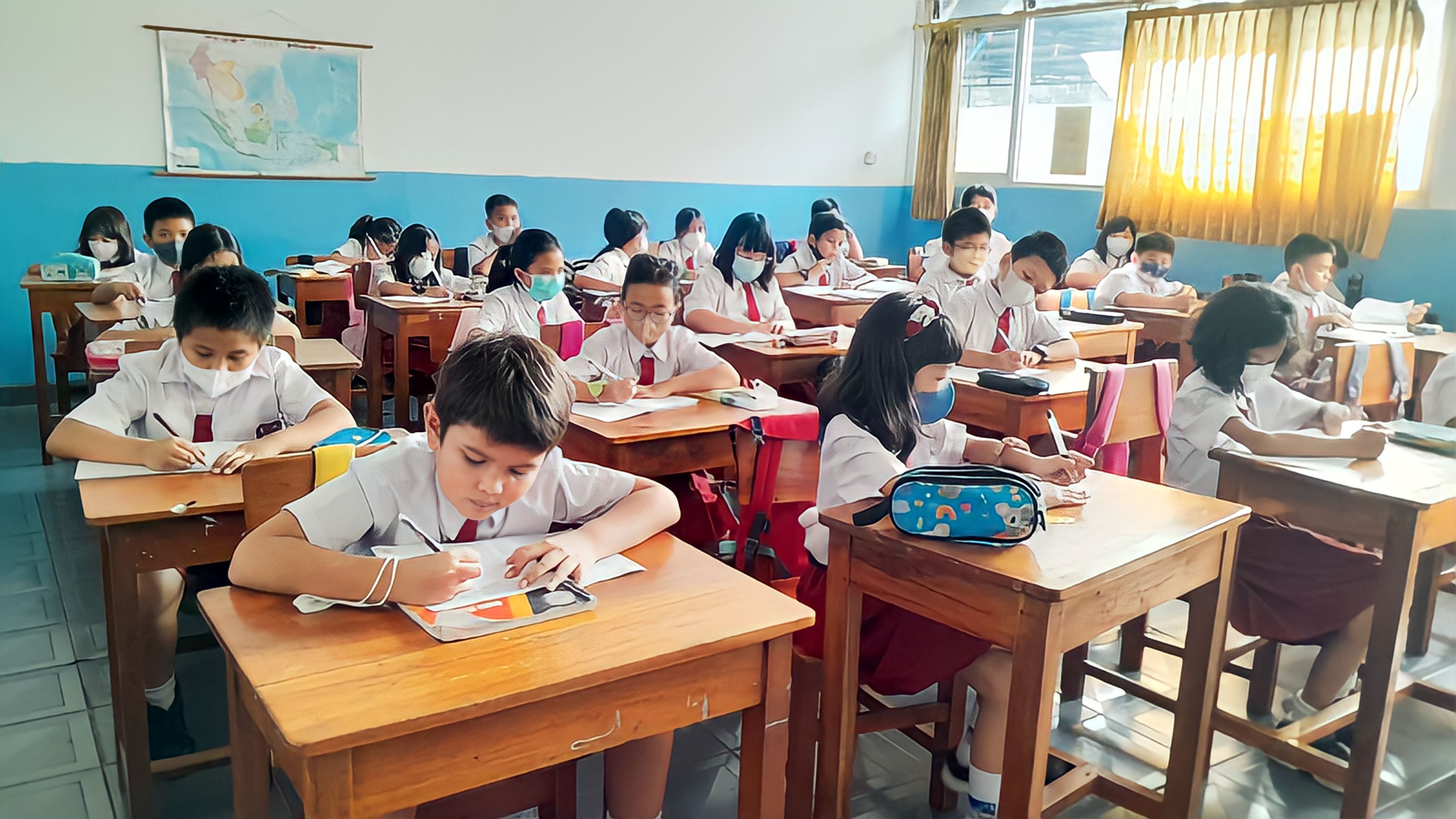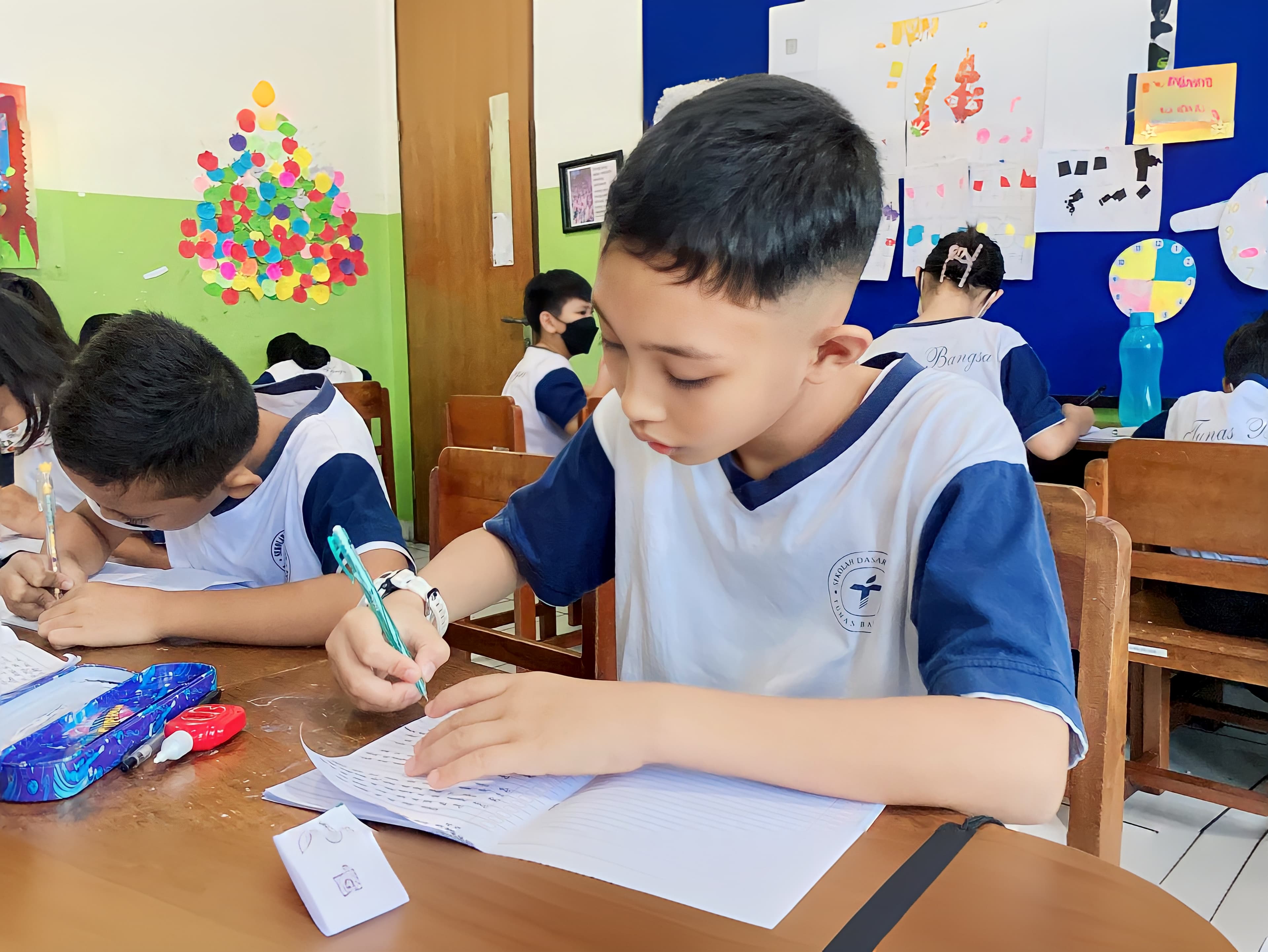
In today's digital era, the habit of handwriting and reading printed books is starting to be marginalized. The presence of various technologies makes the younger generation switch to using gadgets. The dependence of the younger generation on technology has raised concerns in several countries, including the Swedish Government.
The amount of information that is easily accessible on the internet does not always guarantee the truth, potentially affecting the quality of education and literacy. Swedish Education Minister Lotta Edholm stated that Swedish students need more printed books, which are considered essential for the learning process.
In August 2023, Edholm also made a policy to stop digital learning for children under the age of 6. This policy was driven by the decline in reading ability in Sweden from 2016 (555) to 2021 (544). Even though students in Sweden are recorded to have high literacy scores compared to other countries in Europe. The Swedish government also promotes the use of libraries, direct interaction with teachers, and handwriting to improve children's motor skills.
Indonesia itself has a relatively low literacy rate, where according to the Index of Community Literacy Development (IPLM) Indonesia's literacy rate is 64.48 on a scale of 1-100 in 2022. The low literacy rate in Indonesia is attributed to limited access to libraries and reliance on technology during the Covid-19 pandemic.

In connection with this, President Joko Widodo gave directions to the Ministry of Education and Culture (Kemendikbud) so that the development of superior Indonesian human resources (HR) must be holistic, where literacy, numeracy, and character, as well as the development of achievement talents have the same level of importance.
To reinvigorate the culture of writing by hand from an early age, one of the notebook brands in Indonesia, SiDU, has launched the Ayo Tulis SiDU program since 2017. The program aims to encourage children to write by hand, because writing by hand can foster literacy skills that will help children become critical thinkers, problem solvers, and intelligent language users.
"We strongly support the government in its efforts to improve literacy, especially writing skills from an early age. We believe that writing by hand is an important skill that children must master," said APP Sinar Mas Domestic Business Head Stationery Adi Kurniawan.
It is hoped that through this initiative, the habit of handwriting can grow again in Indonesia, training children's neuro-motor, cognitive, and linguistic abilities, creating a young generation who think critically and are smart in using language.